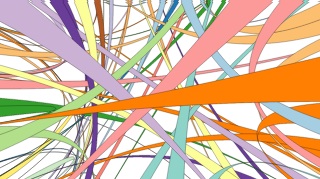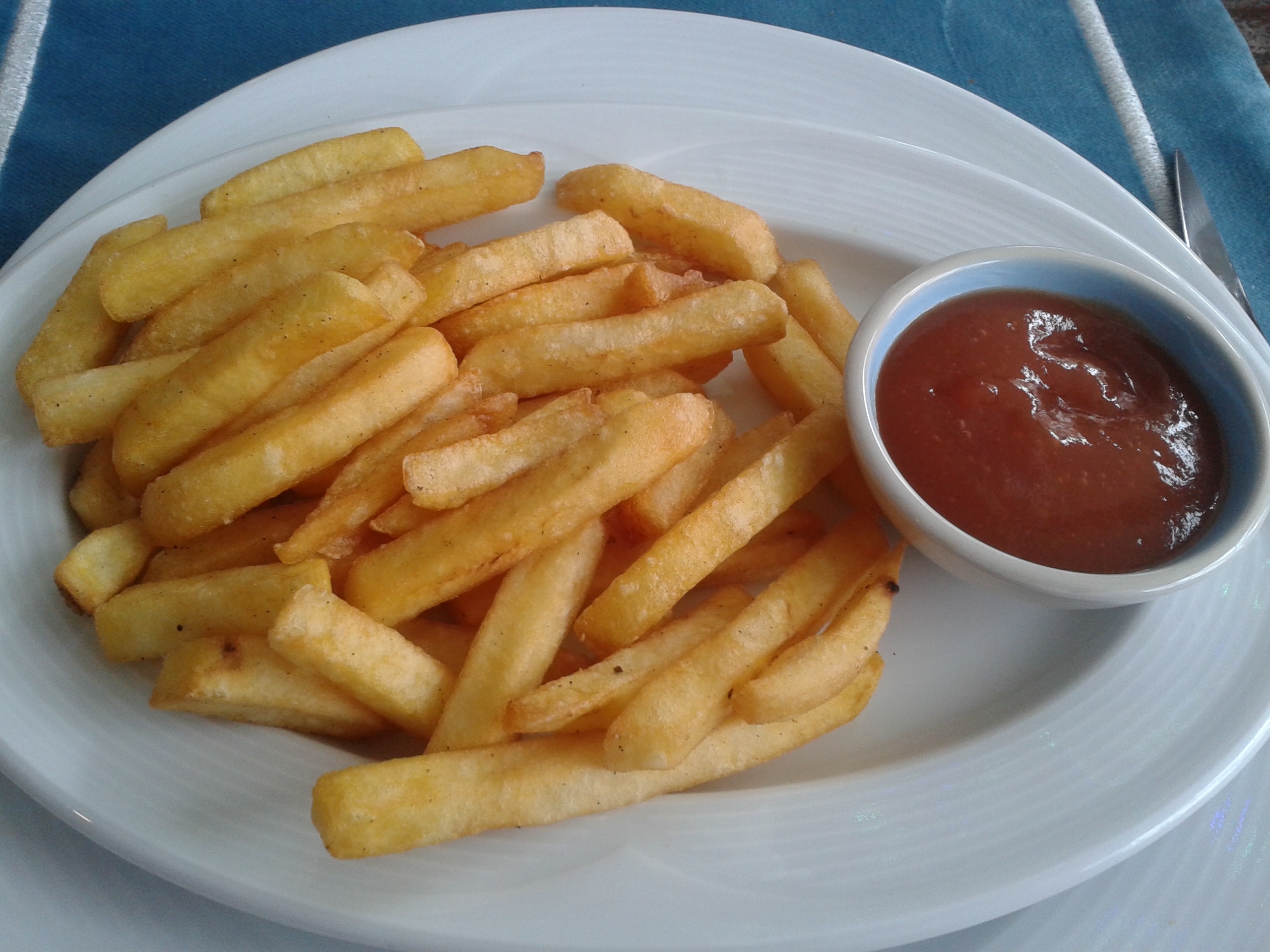Companies fear, and GMO opponents hope, that labels on food will scare consumers away. But more and more research indicates that isn’t what happens.
Search Results
You searched for: Information
From pinpointing different brain regions to the treatment of neurological disorders, scientists have demonstrated that the brain is a highly plastic organ capable of learning new things well into the later stages of life.
If you’ve been wondering what B-mode polarization is, or how it tells us about gravitational waves from inflation, wonder no more! In part 1 of this story we talked about […]
Evernote has gone old-fashioned, creating a sister company called Evernote Market that sells physical goods like office supplies, new technology hardware, and technology accessories.
How to figure out your location on Earth with only the most primitive tools. “And you may find yourself in another part of the world.And you may find yourself behind […]
What you know about the world and what you know about yourself practically determine your outlook on life, and the ability of social media to transmit digital information instantly has changed all that.
Data matters. It’s important to harness data to find more efficient ways to operate. But making data a higher priority than your workforce is extremely unwise.
In a world where the future of seemingly everything is online, museums — those repositories of the past — seem to resist the internet’s full digital embrace. It’s a question that’s increasingly crossed my mind thanks to a series of unrelated stories that share two common questions — how do people use museums now and how will they in the future? For every digital breakthrough enticing us to step on the virtual gas comes a cautionary tale reminding us to pump those virtual brakes. Ultimately, the online revolution is coming to museums, but is the future of museums really online?
How do you find out if all that money you’re investing in social media is paying off? The keys are knowing which tools to use and which metrics have value.
One doesn’t need to look for too long on, ahem, the Internet to learn that the Internet is stealing your attention, your memory, and your life. But this fear misunderstands how we have historically integrated technology into the fabric of society.
It’s the richest lottery game in the USA. When is it worth it to play? “I’ve done the calculation and your chances of winning the lottery are identical whether you […]
Anyone who has seen James Cameron’s 1984 film The Terminator remembers “seeing” through the eyes of the killer android sent into the past as it scans its surroundings for clothes, weapons, and, eventually, its target. German filmmaker Harun Farocki would later call those pictures “operational images”—the machine-made and machine-used pictures of the world that threatened to supplant not just how people see, but people period.
“Faith is believing something you can’t see,” says Dr. Nate Regier. Not just a religious concept, faith in oneself and others distinguishes leaders from the rest of the pack.
In a study that analyzed how different cultures perceive many of the words they use on a daily basis, researchers have found that humans tend to speak positively about each other and the world.
Is there a way to see past the barrier the Universe puts up before it became transparent to light? Image credit: Mark Kamionkowski, of gravitational waves. “From earliest times, humans — explorers […]
How do you get the attention of your dream employer when you’re currently employed? Alerting them to your availability is not unlike an act of seduction.
Scientific debate is important for the questions it raises, not the early conclusions it reaches. “Even when Darwin’s teaching first made its appearance, it became clear at once that its […]
Having recently visited LA I was imagining driving on the early freeways. Few other cars on the road, low gas prices, and just a smooth and relaxing way to quickly […]
This June, an online data collection company called DataCoup will begin seeking individuals willing to sell their personal information to large corporations for a direct profit.
3.4 million people die each year from water-related diseases 99% of which occur in the developing world. To put things in more perspective, lack of access to clean water and sanitation […]
No, this is not an illustrated guide to basket weaving. This is indeed a map. Or to be precise, a cartogram: statistical data presented in a geographic context. Even if […]
Data produced by DeskTime, an app that tracks habits of employees on work computers, suggests the most productive employees put in 52 minutes of work for every 17 minutes of break.
On my company’s intranet each employee has a profile that includes a photo as well as general information such as location, phone number, job title, and who a specific person […]
“Never doubt that a small groupof thoughtful, committed citizens can change the world; indeed, it’s the only thing that ever has.” – Margaret Mead After tragic events, as most recently evident in […]
It’s fairly well-understood that the current generation of new employees doesn’t expect to remain in the same job for longer than five years. If you want to keep your millennials from moving on to new employment, you have to incentivize their staying on.
It’s a classic idea in both Psychology and Economics that when things get cheaper or easier to do they get done more often. While this is an idea sculpted out […]
A hybrid potato that can reduce food waste and eliminate a suspected carcinogen in cooked potato products would seem to be an environmentalist’s dream. But the hybrid was created using biotechnology to blend potato genes from different varieties, so opponents of genetically modified food are fighting to keep this potentially beneficial product from ever reaching consumers.
One expert predicts that “hearables” — wireless earpieces capable of delivering all sorts of information — could become a multibillion-dollar market by 2018.
IBM and USAA have joined forces to introduce supercomputer Watson to veterans in need of guidance as they transition back into society.
Imperative CEO Aaron Hurst describes we our evolving from an information economy to an economy of purpose. Hurst is the author of The Purpose Economy: How Your Desire for Impact, Personal Growth and Community Is Changing the World
























